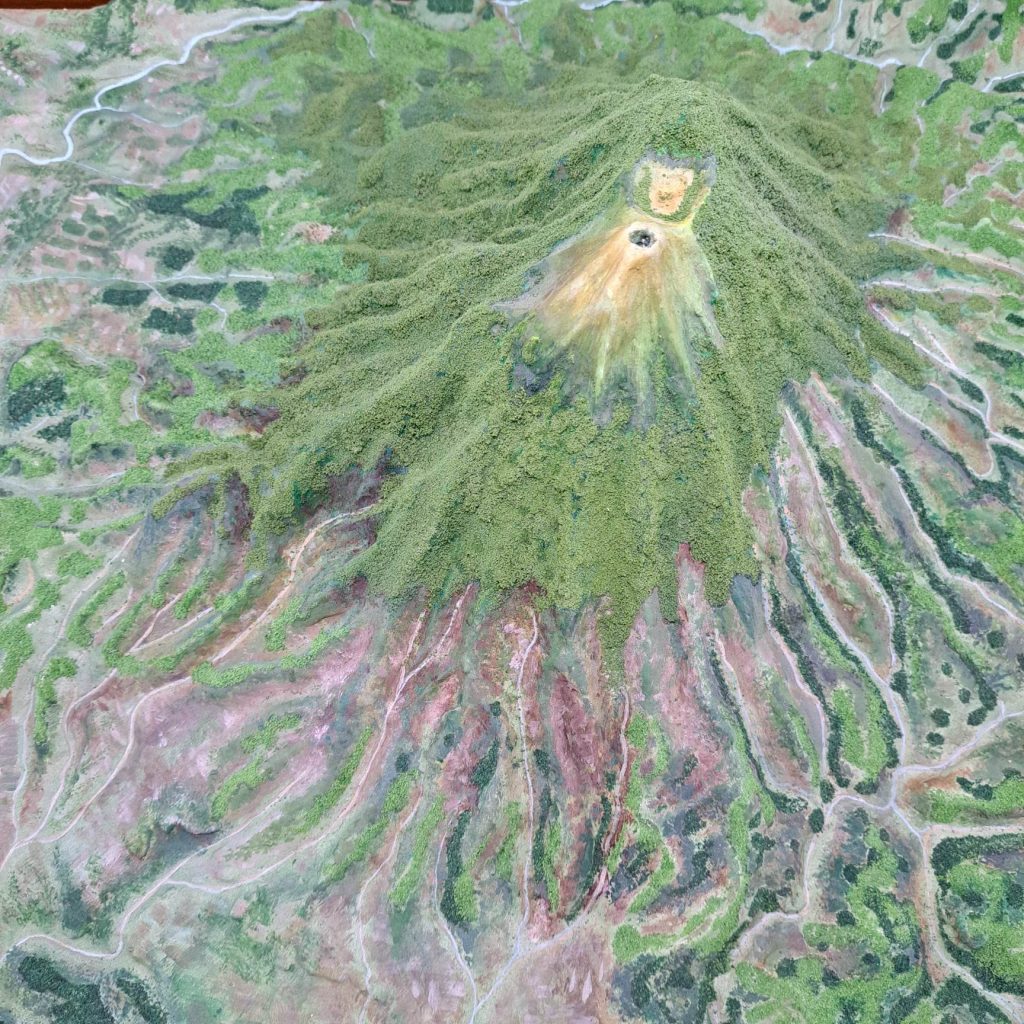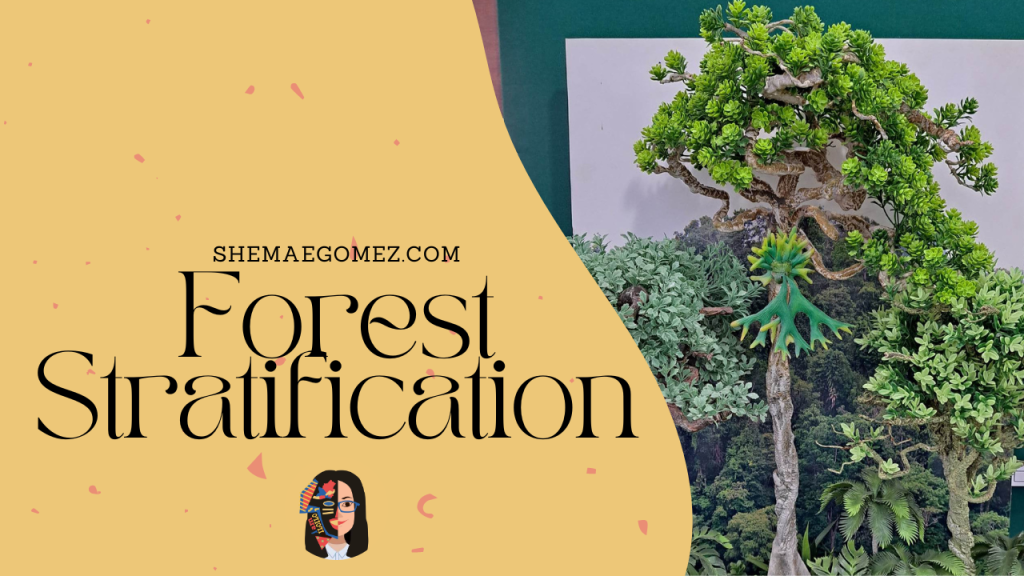Disclaimer: This is not the official press release or communications. The text are taken from the exhibit itself. All credit goes to the National Museum of the Philippines – Western Visayas Regional Museum, International Centre for the Study of the Preservation and for Restoration of Cultural Property (ICCROM), CollAsia Field Projects (Connecting Communities and Collections), and the Cultural Heritage Administration of the Republic of Korea.
Mt. Kanlaon is a large stratovolcano surrounded by dense forest and one of the volcanoes that make up the Negros Volcanic Belt. It is considered one of the most active volcanoes in the Philippines and the highest in the Visayas. It has a massive height of 2,465 m and has 28 recorded eruptions between 1866 and 2016.

Kanlaon, despite being an active volcano, is home to a lot of endemic and threatened species. Among them are Philippine Tube-Nosed Fruit Bat (Nyctimene rabori), Philippine Pygmy Fruit Bat (Haplonycteris fischeri), Philippine Forest Roundleaf Bat (Hipposideros obscurus), Liparis halconensis, and Medinilla aurantiflora.
According to studies, the decline in the endemic population of these species is due to the natural forest cover. Hardly only 4% of the total land area of the region are covered with vegetation as a result of kaingin and several mining operations.
Pambansang Museo sa Barangay: Bringing Museum Collections to the Fringes
Parts of the Pambansang Museo sa Barangay:
Haból Panay: The Woven Artistry of Western Visayas
Amlig: Biodiversity Conservation in West Visayas Faunal Region
Elephant and Stegodont: The Gentle Giants of Panay
Other helpful exhibits:
Rocks of the Visayan Islands
Shells of the Visayan Region
Rafflesias of the Visayan Islands
Protected Areas of the Visayan Region
The Forest Products
The Forest Stratification
The Chocolate Hills
The Pawikan
**Content was only based on the photos I took during my personal visit. I may have missed significant details.
